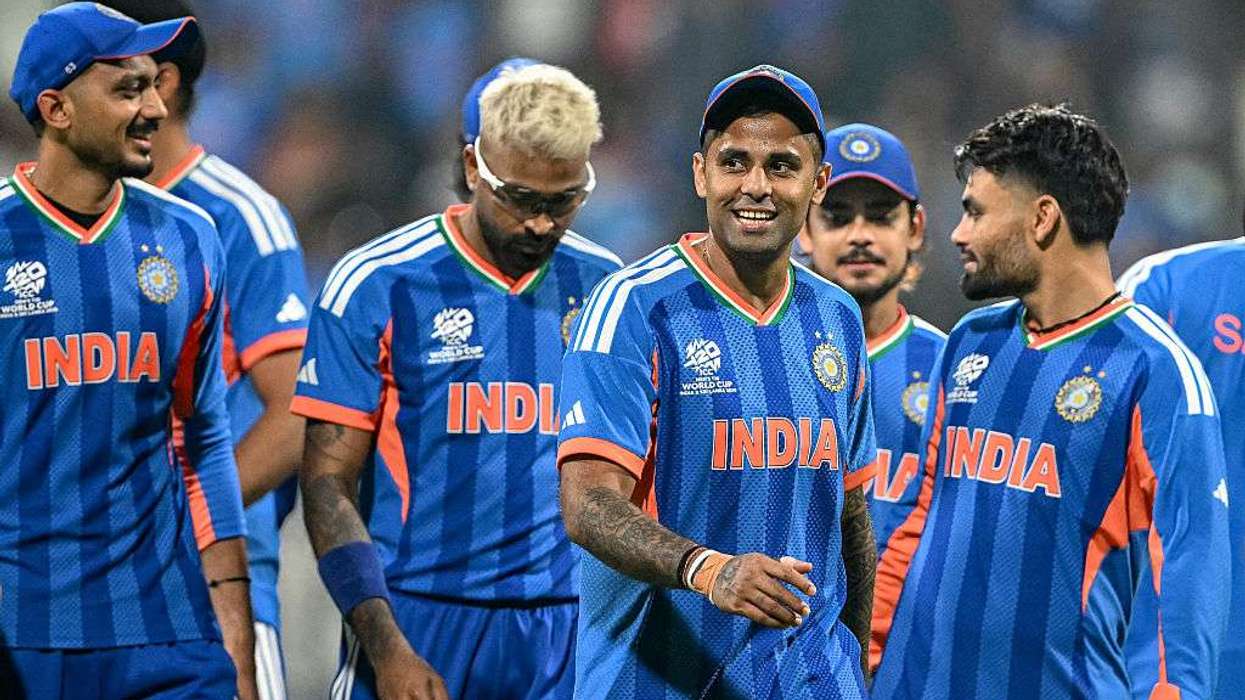EFFORTS are underway to reconstruct the sequence of events that led to the Air India plane crash earlier this month, which killed over 260 people, the civil aviation ministry said on Thursday.
A multi-disciplinary team led by the director general of the Aircraft Accident Investigation Bureau (AAIB) is conducting the investigation.
The team began extracting data from the black boxes of the aircraft on June 24.
Over 270 dead in Ahmedabad crash
Air India's Boeing 787-8 aircraft, operating flight AI-171 to London Gatwick, crashed into a medical hostel complex shortly after take-off from Ahmedabad on June 12, killing more than 270 people, including 241 passengers onboard.
Flying fear therapy bookings soar after Air India crash
“Following the unfortunate accident involving Air India Flight AI-171, the AAIB promptly initiated an investigation and constituted a multidisciplinary team on 13 June 2025, in line with prescribed norms.
“The team, constituted as per international protocol, is led by DG AAIB, and includes an aviation medicine specialist, an ATC officer, and representatives from National Transportation Safety Board (NTSB) which is government investigative agency from the state of manufacture and design, (USA), as required for such investigations,” the ministry said in its statement.
Crash protection module retrieved
According to the ministry, the team led by AAIB Director General GVG Yugandhar, along with technical members from AAIB and NTSB, started the data extraction process on June 24.
Air India crash: All but one of 260 victims identified
“The Crash Protection Module (CPM) from the front black box was safely retrieved, and on 25 June, 2025, the memory module was successfully accessed and its data downloaded at the AAIB Lab,” the statement said.
Black box data analysis underway
“The analysis of CVR (Cockpit Voice Recorder) and FDR (Flight Data Recorder) data is underway. These efforts aim to reconstruct the sequence of events leading to the accident and identify contributing factors to enhance aviation safety and prevent future occurrences,” it added.
(With inputs from agencies)





